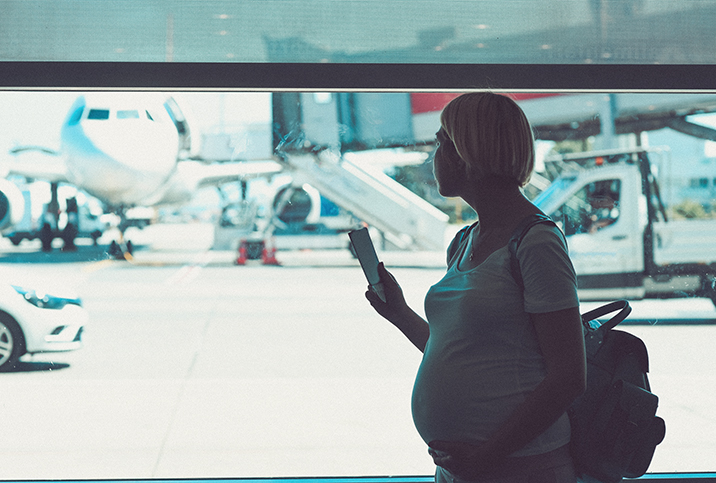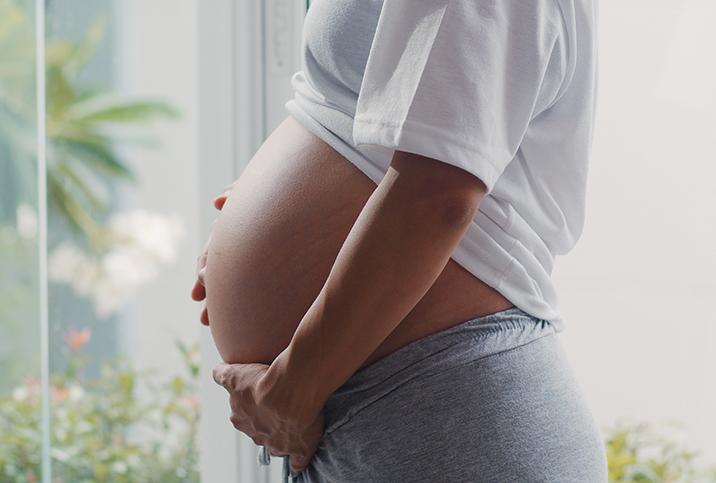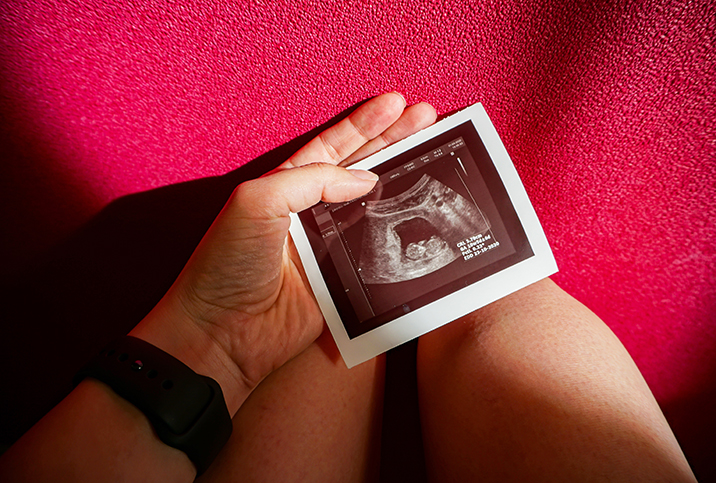Why Zika Matters When You're Pregnant

The Zika virus made major headlines a few years back, and while we don't seem to hear as much about it today, the virus still exists in many parts of the world. If you plan on traveling during pregnancy, you should be aware of the potential dangers.
What is the Zika virus?
In 2016, an outbreak brought Zika to the attention of US citizens. Zika is a virus that's contracted through infected mosquito bites and may spread through bodily fluids and sexual intercourse. If you're not pregnant, there's generally no reason to be overly concerned about catching the Zika virus. However, unborn babies are vulnerable to potentially dangerous effects if exposed in utero.
Where is Zika found?
Zika is most prevalent in Africa, Southeast Asia and the Pacific Islands. A few locations remain unaffected, such as Canada. But because mosquitoes and those they infect can travel, an outbreak is possible almost anywhere. If you're planning a trip while pregnant, be sure to check the Centers for Disease Control and Prevention (CDC) map indicating areas with high infection rates.
How does Zika affect a fetus?
The Zika virus raises the risk of miscarriage. if you contract the Zika virus while pregnant, there's a chance your child will be born with a condition called microcephaly. Microcephaly is when the baby's head is significantly smaller than average, usually indicating an underdeveloped brain.
Another congenital condition caused by Zika is Congenital Zika Syndrome, which is a collection of abnormalities found in babies infected with Zika in the womb. Some of these abnormalities include reduced brain tissue, eye damage, limited range of joint motion and overdeveloped muscle tone for age. One Brazilian study found that some babies aged 19 to 24 months suffering from Congenital Zika Syndrome struggled with sitting, feeding and sleeping independently; experienced seizures and issues with hearing and vision.
How can I protect myself from Zika?
The first way to protect yourself from the Zika virus is to avoid outbreak areas and abstain from having sex with anyone who has spent time visiting a high-rate location. If you live somewhere that has active Zika infections, take the following precautions:
- Don't open windows unless they have screens
- Get rid of standing water where mosquitoes like to breed
- Wear protective clothing that covers your whole body (such as long sleeves and socks)
- Apply permethrin (an insecticide approved for fabric) to your clothing
- Get an EPA-approved insect spray
- Sleep under a mosquito net if sleeping outdoors
What are the symptoms of the Zika virus?
Zika virus symptoms may appear between 2 to 14 days after infection. Symptoms include abdominal pain, fatigue, headache, joint pain, mild fever, red eyes and skin rash.
About 80 percent of people who get the Zika virus don't experience any symptoms. Because it's typically asymptomatic, it's crucial your partner be tested and you practice safe sex if they might be infected. Also, keep your healthcare professional informed of any possibility that you may have been exposed during your pregnancy.
How can I get tested for Zika?
With so much at stake, it's worth doing everything you can to shield yourself from Zika until after you give birth. Fortunately, the Zika virus has been rapidly declining since 2016, making it easier to travel during pregnancy. Nevertheless, if there's a chance you may have contracted Zika while pregnant, you should talk to your doctor about getting tested right away. A molecular test can be used to detect the virus in your body.
Another type of testing, serological testing, checks your blood for Zika antibodies. Although the serological test can help determine if you've been exposed to Zika, it's not preferred since antibodies may be related to past infection or sometimes even a different virus.
Be sure to communicate with your doctor and check the CDC website to assess your risk of Zika while pregnant. A free and confidential phone service called MotherToBaby can connect you with someone who will answer your questions about the Zika virus or other pregnancy concerns. You can call 1-866-626-6847 on weekdays or visit the website for up-to-date information on a safe pregnancy.


















